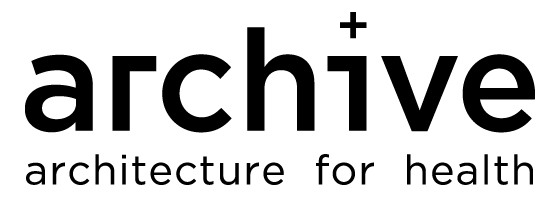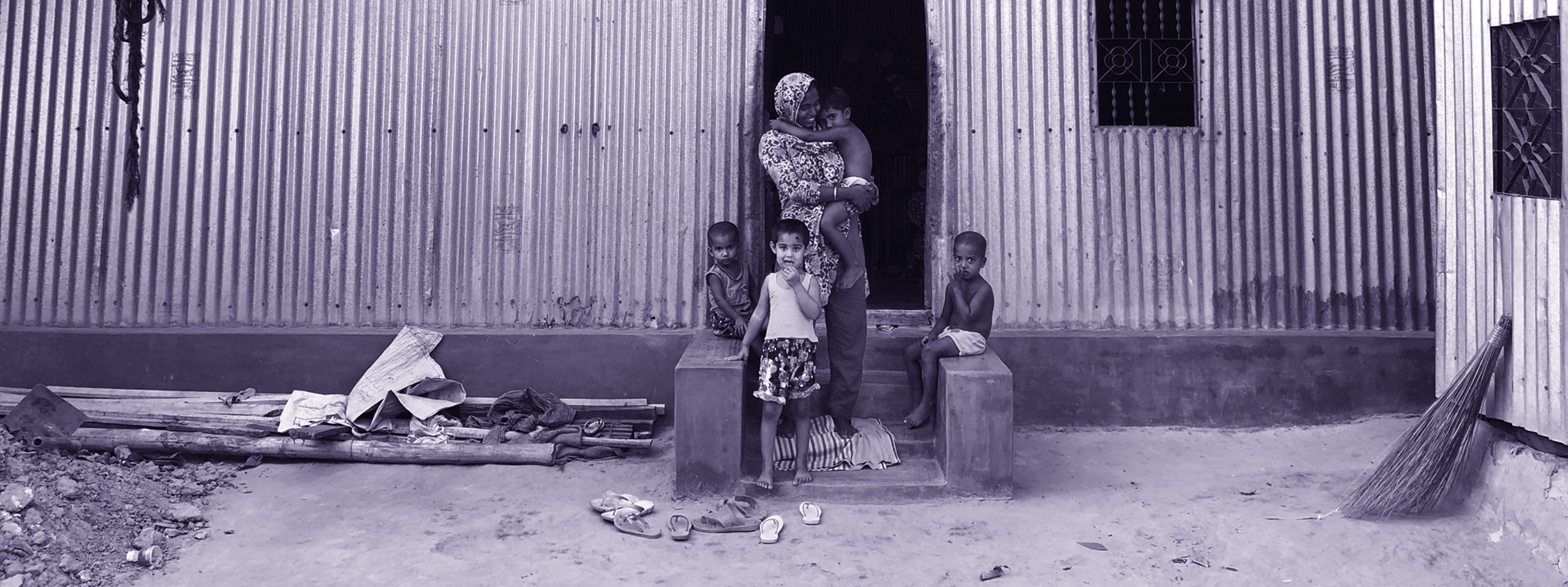Mud to Mortar
PROJECT LOCATION
Status
When
Health Concern
Project Hypothesis
Project Strategy
Project Outcomes
Number of Structures Improved
Beneficiaries
- 1248 direct participants
- 2396 indirect participants through community workshops
- 4,851,300 individuals were reached through media campaigns
Research Outcomes
- 23% decrease in the overall incidence of diarrheal disease.
- On average, women are spending 20 hours less each week maintaining their floors.
- 72% decrease in diarrheal episodes.
- 83% decrease in breathing problems.
- 53% decrease in coughing.
- 92% decrease in short and rapid breathing.
- 52% decrease in diarrheal disease.
- 79% of respondents reported a decrease in intestinal worm infestations.
- 68% increase in respondents who wash their hands regularly at critical times such as before eating, before feeding their child, and after using the toilet.
- 33% reduction of self-reported incidence of severe diarrheal episodes.
- 20% reduction of self-reported incidence of mild symptoms of diarrheal episodes.
- 22% reduction of self-reported incidence of respiratory illnesses.
- 24% reduction of self-reported incidence of skin infections.
- 32% reduction of self-reported incidence of worm infections.
- The families collectively saved ~$4,500 USD in medical treatment and from increased home security.
- 60% increase in knowledge retention about handwashing and disease prevention.
- 69% of respondents not only retained what they learned but also practiced washing their hands at critical moments.
- 76 families collectively saved 1,567 hours per week from cleaning dirt floors.
- 76 families collectively saved 1,676 hours per month from maintaining dirt floors.
Project Partners
- Local Implementing Partner - Association of Development for Economic and Social Help (ADESH)
- Phase I Design Partner - Grimshaw Architects
- Phase I & II Research Partner - BRAC University
- Phase III Technical Design Advisor - Housing and Building Research Institute (HBRI)
SUPPORT FOR THIS PROJECT PROVIDED IN PART BY
- International Foundation
- Thornton Tomasetti Foundation
- UBS Optimus Foundation (UBSOF)
- ARCHIVE Global Board of Directors
- Individual donors through CaringCrowd by Johnson & Johnson
- CaringCrowd by Johnson & Johnson
- HighFives Campaign
- Individual Supporters
A Phase II beneficiary home before construction (2018).
A Phase II beneficiary family and their home post construction (2019).
ARCHIVE, ADESH, and Grimshaw staff meeting with local project masons to develop new construction method for Phase II (2018).
Phase II community courtyard training led by ADESH staff, educating community members on healthy hygiene practices (2019).
A Phase II beneficiary family and their home post construction (2019).
A Phase I beneficiary home during construction (2018).
A mason works on a Phase I beneficiary home (2018).
A Phase I beneficiary family and their home post construction (2018).
Pilot Phase community training led by ADESH staff, educating community members on healthy hygiene practices (2014).
A Pilot Phase beneficiary home (2017).
A Pilot Phase beneficiary home and family (2017).
A Pilot Phase beneficiary home (2017).
A Phase I beneficiary family and their home post construction (2018).
ARCHIVE, ADESH, Grimshaw, and HBRI pose for a photo outside ADESH’s headquarters (2018).

